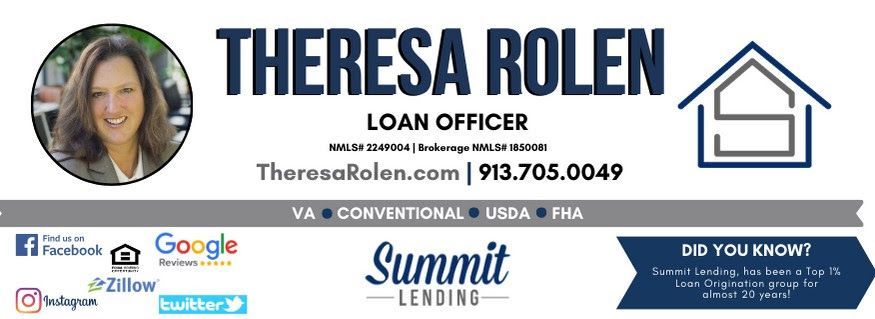Mortgage Credit Scores
Understanding Credit Score Requirements for Home Loans
If you’re dreaming about owning a home, your credit score is an important piece of the puzzle. Different loan programs have different credit score requirements, so let’s break it down in a simple way. Whether you’re going for an FHA, VA, USDA, or conventional loan, there’s a path to homeownership for everyone!
What’s a Credit Score?
Your credit score is like a grade that tells lenders how good you are at paying back money. The higher the score, the more options you’ll have. Scores range from 300 to 850, with higher scores showing that you’re a responsible borrower.
FHA Loans: Easy for First-Time Buyers
If your credit isn’t perfect, don’t worry—FHA loans are here to help! These loans are backed by the Federal Housing Administration and are great for first-time buyers.
- Minimum Score: 580 (with a 3.5% down payment). If your score is between 500 and 579, you may qualify with a larger down payment (10%).
- Why Choose FHA? Lower credit score requirements and smaller down payments make these loans super popular.
VA Loans: For Those Who Served
If you’ve served in the military or are a qualifying family member, VA loans are an awesome option. They’re backed by the Department of Veterans Affairs.
- Minimum Score: Most lenders require a 620, but some may go as low as 580.
- Why Choose VA? No down payment, no private mortgage insurance (PMI), and competitive interest rates.
USDA Loans: Perfect for Rural Living
Thinking about living in a rural area? USDA loans, backed by the U.S. Department of Agriculture, could be the way to go.
- Minimum Score: 640 is the standard for most lenders, but exceptions may be made for lower scores with strong financials.
- Why Choose USDA? No down payment and affordable interest rates make these loans a win for rural homebuyers.
Conventional Loans: Best for High Credit Scores
Conventional loans are offered by private lenders and usually have stricter credit score requirements. These loans aren’t backed by the government, so lenders take on more risk.
- Minimum Score: Typically 620 or higher. Higher scores can get you better rates and terms.
- Why Choose Conventional? They offer flexibility and are a great option if you have good credit.
What If My Score Isn’t High Enough?
If your credit score isn’t quite where you want it to be, don’t stress. You can:
- Pay Down Debt: Reducing credit card balances can quickly improve your score.
- Check Your Credit Report: Make sure there are no mistakes holding your score down.
- Build Positive History: Pay bills on time and avoid opening new credit accounts.
Final Thoughts
No matter your credit score, there’s likely a loan program that fits your needs. Each option has its benefits, and a trusted lender can help you find the perfect match. So, don’t let your credit score hold you back—your dream home is waiting!














